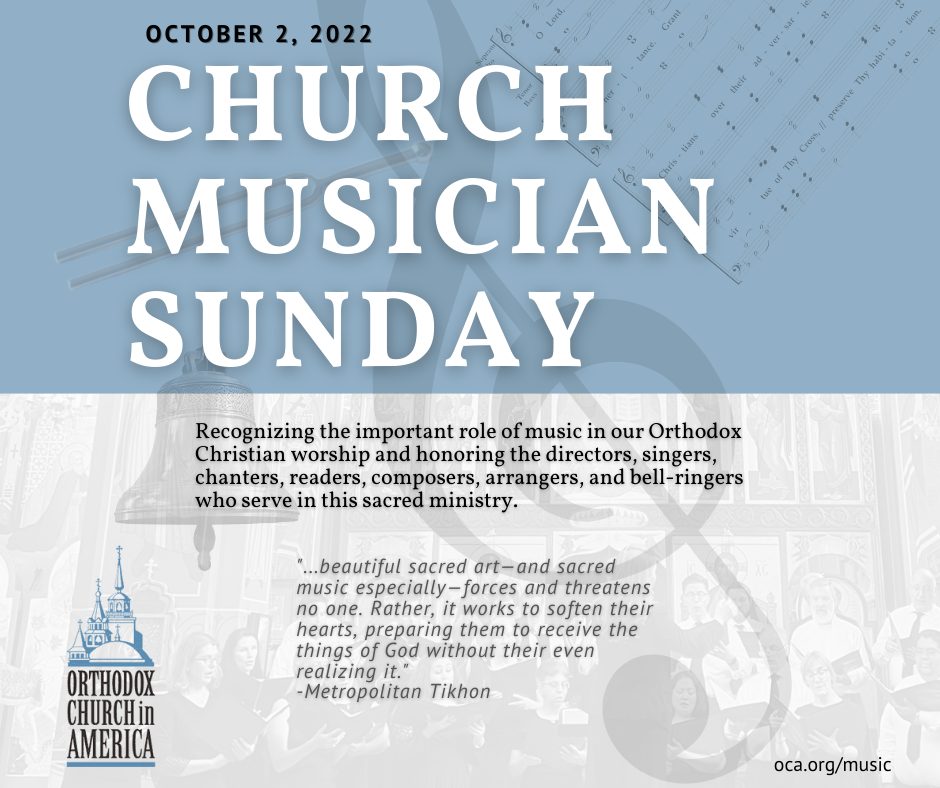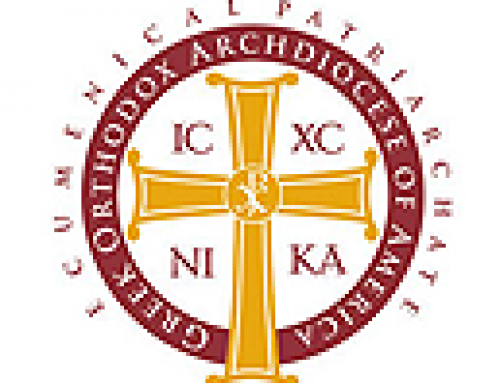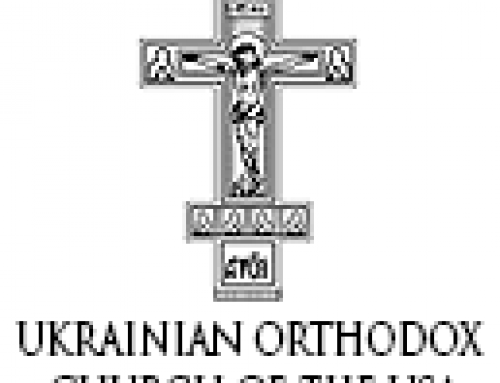This post was originally published on this site

His Beatitude Metropolitan Tikhon issued a letter commending all parishes of the Orthodox Church in America to observe the first “Church Musician’s Sunday” on October 2, 2022. The purpose of the event is to bring awareness to the faithful of the important role of music in Orthodox worship and to encourage vocations in the ministry of Liturgical music.
October 2, 2022
Protocol 10/001
To the Clergy, Monastics, and Faithful of the Orthodox Church in America,
My Beloved Children in the Lord,
‘Rejoice in the Lord, O you righteous! Praise befits the upright. Sing to him a new song, play skillfully on the strings, with loud shouts.’ (Ps. 33:1, 3). Music suffuses the scriptures, starting from the first pages of the Pentateuch. In the fourth chapter of Genesis we read of Jubal, ‘the father of all such as handle the harp and organ’ (Gen. 4:21). Songs of holy people are found throughout the Old Testament and the New: the songs of Miriam, Moses, Deborah, Hannah, David, Habakkuk, Isaiah, Jonah, the Three Children, Zachariah, and the most Holy Theotokos, to name but a few.
But of course, even before the first father Adam was formed, when the physical world was first coming into being, the scriptures speak of music: ‘the morning stars sang together and all the angels shouted for joy’ (Job 38:7). ‘Praise the Lord, O sun and moon,’ says the psalmist (Ps. 148:3). Music is, in some mysterious way, part of creation and part of redemption, such that even heaven is filled with song. ‘With the angels’ song we cry to thee, All-powerful: Holy, Holy, Holy art thou, O God’ (troparion from the Morning Prayers). And this song, though it begins in time, extends beyond time, and is taken up by the angels and saints forever. As such, the Apocalypse of St. John the Theologian is perhaps the most musically rich text of all scripture, full as it is of canticles and invocations of song: ‘And they sing the song of Moses the servant of God, and the song of the Lamb, saying, Great and marvelous are thy works, Lord God Almighty; just and true are thy ways, thou King of saints’ (Rev. 5:9, 14:3, 15:3).
Today in our churches, we carry on the tradition of sacred song, bridging the gap, as it were, between those ancient songs sung by prophets and patriarchs and the eternal song sung by angels and saints. Our traditions of church music are both a continuation of the ancient worship of the Old and New Covenants and a participation in the heavenly liturgy. This is why the Holy Synod of Bishops of the Orthodox Church in America has set aside the Sunday following the feast of Saint Romanus the Melodist for an annual celebration of church musicianship, to honor singers, choir directors, composers, arrangers, chanters, readers, bell-ringers, hymnologists, translators, hymnographers, and all who help our parishes and their congregations to make a ‘joyful noise unto the Lord’ (Ps. 98:4) so that our temples resound with the praise of God.
I encourage all of our parishes and institutions to take this opportunity to honor those who contribute to church music, and I urge all church leadership to help foster vocations in this area. May we all of us, at all times, according to our own vocation, praise the Lord with ‘psalms, hymns, and spiritual songs’ (Eph. 5:19). And may he in turn be well-pleased with our sacrifice of praise, and rejoice over us, and quiet us with his love, and sing over us in his joy (Zeph. 3:17).
With the blessing of the Lord, I remain sincerely yours in Christ,
+TIKHON
Archbishop of Washington
Metropolitan of All America and Canada



